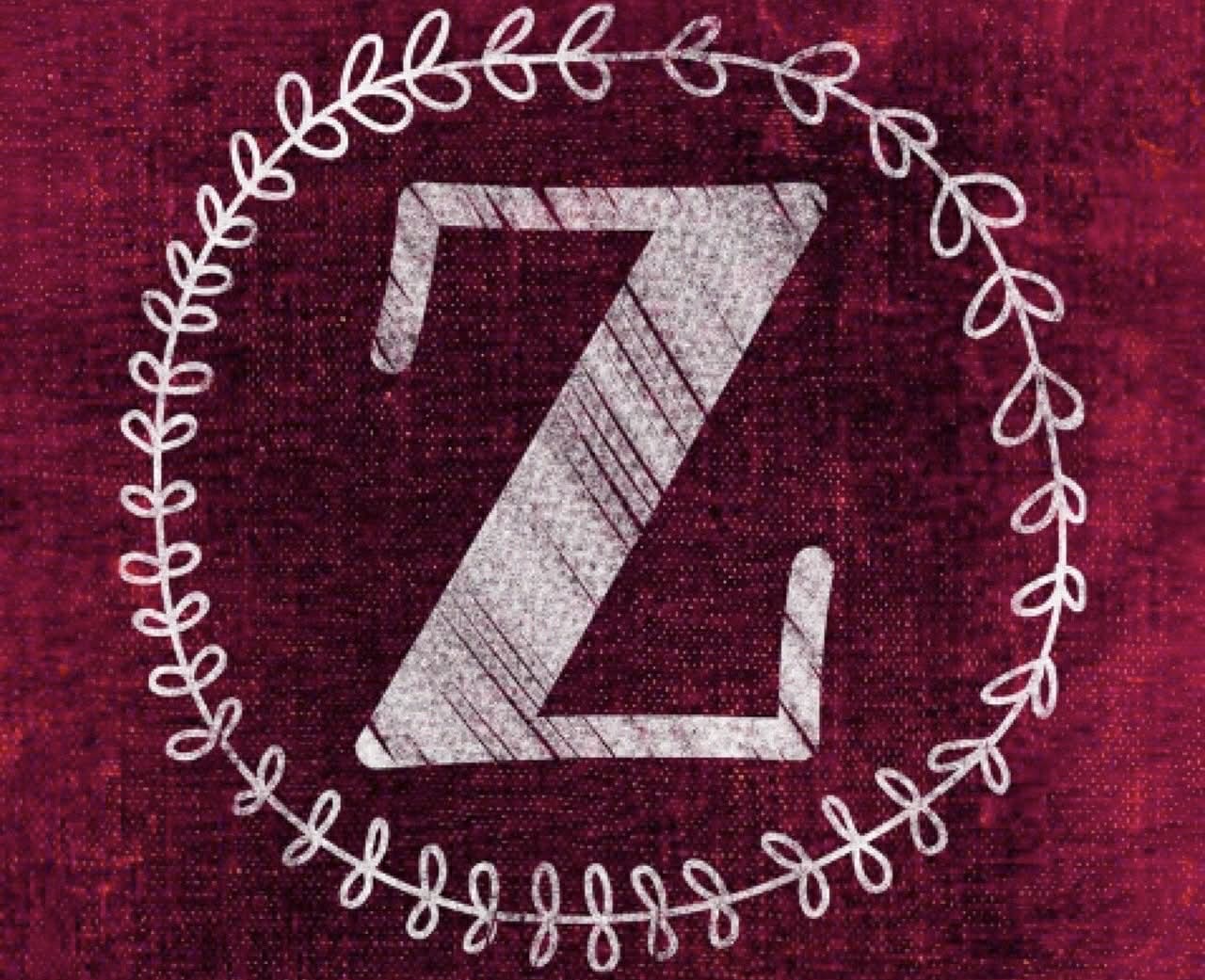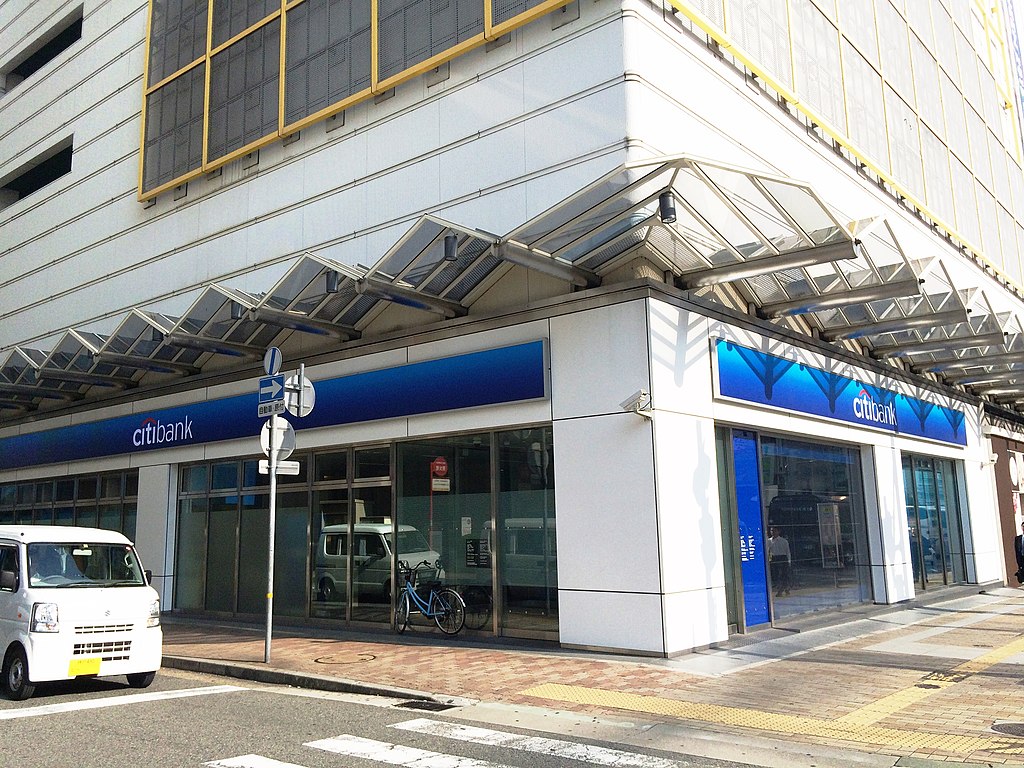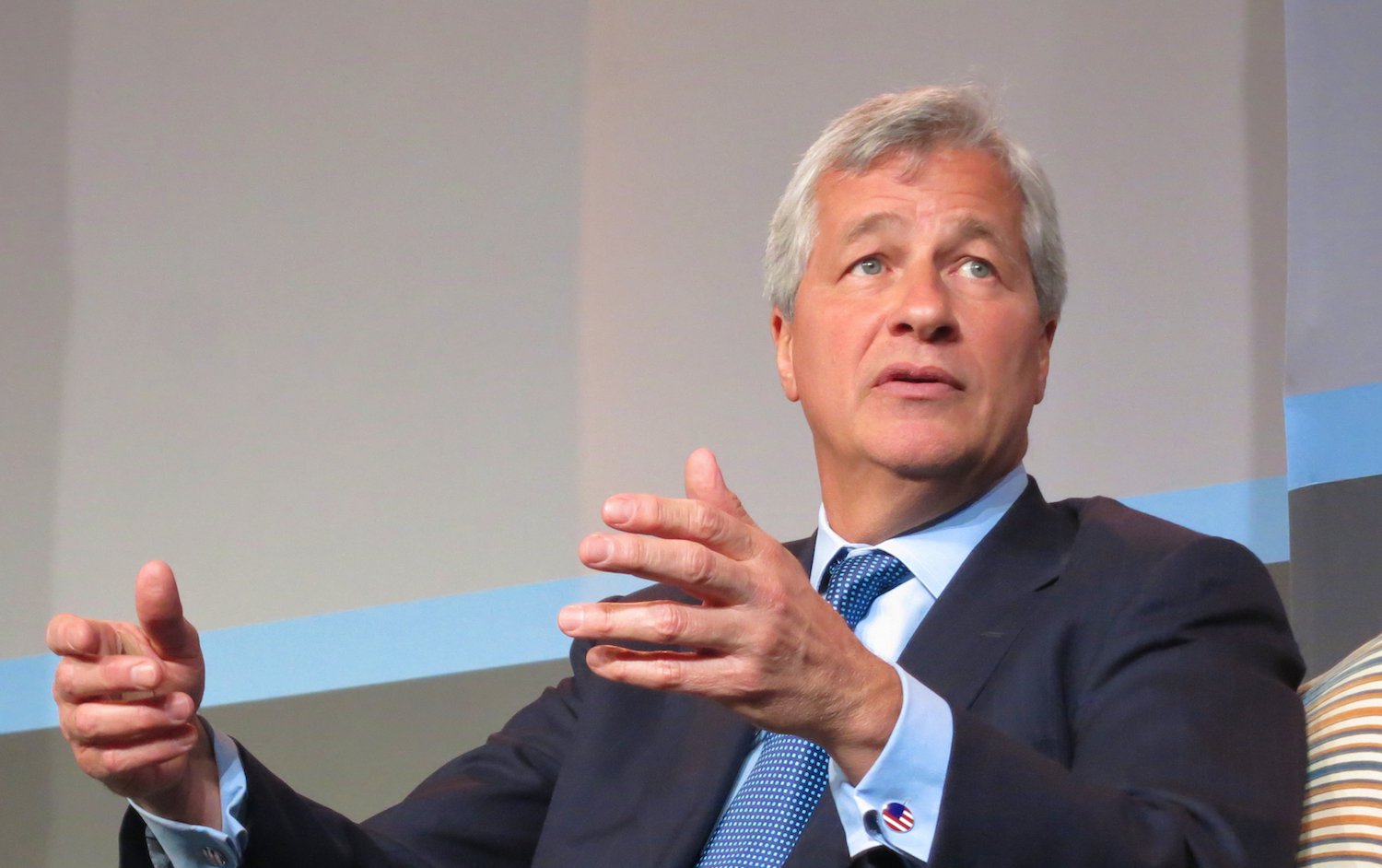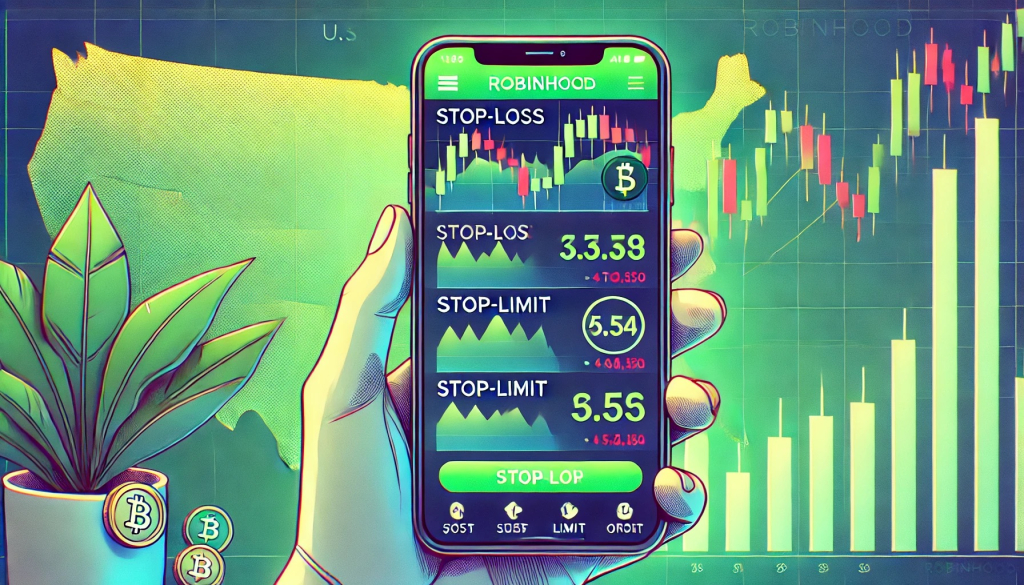New research from Columbia University suggests that Polymarket, one of the largest blockchain-based prediction markets, may have seen up to 25% of its historical trading volume artificially inflated through wash trading — a practice where users buy and sell assets to themselves or in collusion to create the illusion of market activity.
Analyzing more than two years of on-chain data, the researchers found that in December 2024, nearly 60% of Polymarket’s weekly trading volume consisted of fake transactions. The problem persisted through October 2025, particularly within sports and election markets, where up to 90% of trades appeared inauthentic.
Using an innovative algorithm to detect suspicious wallet activity, the team identified patterns of rapid buying and selling among interconnected wallets. One cluster involving over 43,000 wallets generated nearly $1 million in low-value trades, with most flagged as likely wash trading. Many participants seemingly cycled funds across wallets using USDC, showing coordinated manipulation. Interestingly, most of these accounts earned no real profit, implying motivations tied to airdrop farming or ranking manipulation rather than genuine financial gain.
Because Polymarket allows users to trade without identity verification and charges no transaction fees, it may be particularly vulnerable to such tactics. The anticipation of a potential future token might have further incentivized inflated trading activity.
While some critics, like Rutgers statistician Harry Crane, argue that claims of manipulation are exaggerated or politically driven, Columbia’s researchers warn that inflated volumes distort public perception of market sentiment. They propose network-based detection algorithms to identify and curb wash trading, promoting trust in decentralized finance.
Polymarket, currently working to re-enter the U.S. market and reportedly raising funds at a valuation of up to $15 billion, did not comment on the findings.



























Comment 0